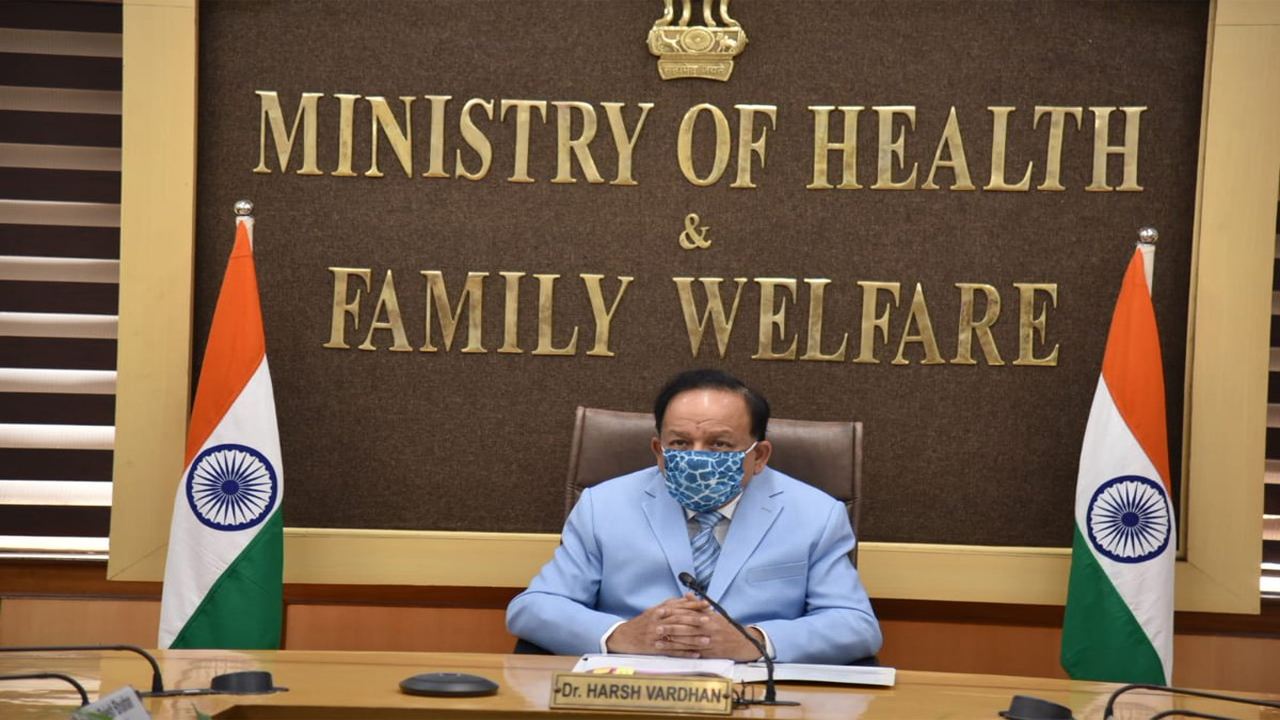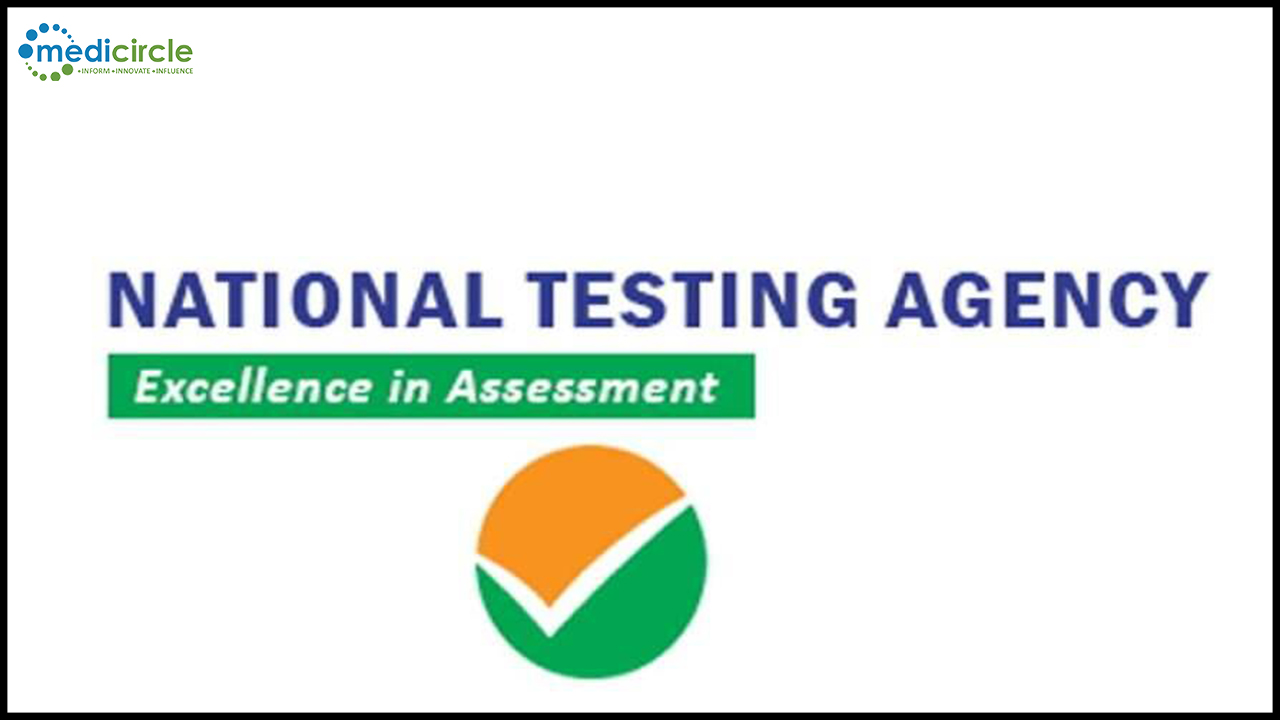The first-ever International Day of Clean Air for blue skies on 7 September 2020 allows us to celebrate the importance of clean air – something so fundamental to us all for our health and well-being. Air, both indoors and outdoors, can be contaminated by chemical, biological, or physical agents that modify its natural characteristics. The global challenge of tackling air pollution is a two-fold problem.
Firstly, and most importantly, air pollution has a measurable health impact. Globally, air pollution is the second leading cause of death from noncommunicable diseases after tobacco smoking. Air pollutants of major public health concern include particulate matter (PM), tropospheric (ground-level) ozone (O₃), nitrogen dioxide (NO₂), and sulfur dioxide (SO₂), which can affect many organs and systems. The evidence is strongest for cardiovascular and respiratory effects. Other possible health outcomes include metabolic effects, atherosclerosis, impaired neurological and lung development in children and even an association with neurodegenerative diseases. It is also a problem of inequity, as air pollution particularly affects those already disadvantaged or vulnerable: people cannot choose the air they breathe.
Secondly, some air pollutants – particularly black carbon (a component of PM) and tropospheric O₃ – are also short-lived climate pollutants, which are linked with both health effects and near-term warming of the planet. They persist in the atmosphere for as little as a few days or up to a few decades, so their reduction has co-benefits not just for health but also for the climate.
Linkages between COVID-19 and air quality
Poor air quality is an important risk factor for both acute and chronic respiratory and cardiovascular diseases. People who have these underlying medical conditions are thought to be at a greater risk of developing severe disease from COVID-19 infection; thus, air pollution is most likely a contributing factor to the health burden caused by COVID-19.
During this global COVID-19 pandemic, however, we have also seen an important, albeit short-term, reduction of air pollution across cities. This reduction is more prominent in the case of nitrogen oxides (NOâ‚“), a pollutant very much related to traffic, which is one of the activities most affected by the lockdown measures. European data for some cities have shown a reduction of around 50%, and in some cases, up to 70%, in NOâ‚‚ levels compared to pre-lockdown values.
COVID-19 is an unfolding tragedy but, at the same time, it has given us an unprecedented opportunity to witness how policies related to transport, and the way people work, study and consume, could be capitalized upon as we collectively move forward towards a “new normal” that could deliver environmental and health benefits.
Building back better
“Air pollution is a leading cause of mortality. The International Day of Clean Air for blue skies is a pertinent reminder that we must work together to combat air pollution to protect the health and lives of current and future generations,” said Dr. Hans Henri P. Kluge, WHO Regional Director for Europe. “COVID-19 has had a devastating impact across the world. But the response measures have not only protected our health but also managed to achieve short-term improvements in air quality. With planned and sustainable action on air pollution, we have proof that we can tackle the long-term health burden and climate challenge, drastically improving quality of life.”
This ambition of longer-term environmental sustainability is reflected in the recently published WHO “Manifesto for a healthy recovery from COVID-19”, which has a strong focus on reducing air pollution and recognizing the broad benefits of improved air quality. This follows a United Nations-wide call from Secretary-General António Guterres in May “to use the recovery to build back better”, to take advantage of the opportunity that COVID-19 has presented us. A responsible social and economic recovery can also address the urgent environment and climate change concerns. In the European Union (EU) this resonates in the European Green Deal, launched at the end of last year as a push towards a just transition of the EU’s economy.
Improving air quality can enhance climate change mitigation, and climate change mitigation efforts can in turn improve air quality. By promoting environmental sustainability hand-in-hand with economic recovery, we can make large steps towards mitigating climate change and achieving the Sustainable Development Goals. Over the long run, this will also protect our health and the resilience of our health systems, leaving no one behind.

 The first ever International Day of Clean Air for blue skies on 7 September 2020 gives us an opportunity to celebrate the importance of clean air
The first ever International Day of Clean Air for blue skies on 7 September 2020 gives us an opportunity to celebrate the importance of clean air





.jpg)










.jpeg)

.jpeg)










.jpg)




.jpg)

